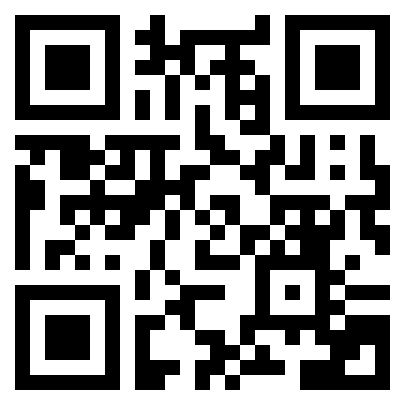aim of this module is to develop the student’s knowledge and understanding of the application of the research process to enhance the evidence base of nursing practice and health care: Nursing & Midwifery Research Paper, TCD, Ireland
| University | Trinity College Dublin (TCD) |
Module Description: The aim of this module is to develop the student’s knowledge and understanding of the application of the research process to enhance the evidence base of nursing practice and health care. Learning Outcomes On completion of this module the learner will be able to-
1. discuss and review the stages of the research process.
2. Critically evaluate manor critique research papers.
3. Develop research questions/hypotheses for debate.
4. Critically discuss the different levels and approaches to research design.
5. Critically analyze the issues surrounding the various methods of data collection and data analysis which contribute to the interpretation of data.
6. Critically appraise the ethical issues surrounding nursing research. The research process: Understanding the meaning of the research process; planning; ethical and economic factors; hypotheses or aims; research design; data collection; organization and presentation; data analysis and interpretation including computer-based statistics analysis packages (SPSS, N-Vivo & PASW); publication.
Evaluation of research papers: Abstract, objectives, and design, relevance to the research question, precise objectives, design appropriate for the objectives; sampling approach appropriate for the aim, steps to be taken to ensure representativeness or typicality, the multiple sources of bias; biases in the sample, sample size sufficient for the research objective, non-response or exclusions leading to bias; controls; precautions against bias drawn from the same target population, comparability.
Literature reviews: Defining literature; types of literature; types of academic papers; the value of opinionated papers/articles; defining literature review, empirical research papers; scholarly papers; theoretical papers; methodological papers; assessing the relevant value of literary publications; literature reviewing and the development of critique skills; identification of relevant discriminative literature; structure, content, and presentation of a literature review; systematic literature reviews; bias in research reports; omission and inflation of results; the relationship between research, theory and practice Academic reference conventions —correct citation and avoidance of plagiarism.
Research questions: Definition of problems worthy of investigation; construction of research questions/research hypotheses; differentiate between research questions and practice Acaneman reference conventions —correct citation and avoidance of plagiarism.
Research designs: Processes, value, and limitations of quantitative and qualitative research; Action research, Ethnography, Phenomenology, Grounded Theory, mixed approaches. Issues of sampling and representativeness. Experimental and quasi-experimental designs; survey designs, exploratory-descriptive designs, cross-sectional research; longitudinal research; retrospective research design; prospective research designs.
Data Collection and Data management: data collection methods evidence, reliability, and validity, precautions against bias taken and maintained, reflexivity in ethnography, bias due to poor compliance, dropouts, missing data; the validity of conclusions, analytical studies, separation of data from analysis; internal and external coherence; recognizes the interactive character of social life; level and type of evidence to support conclusions.
Familiarization with the processes involved in demonstrating and assuring the research integrity of completed studies. Delivering effective nursing care based on best practice informed by research, evidence, critical thinking, and professional judgment. Ethical principles: Knowledge and understanding of principles underpinning ethically sound research methodologies and practices. Awareness of, and sensitivity towards, the particular challenges involved in research with vulnerable people using the health services.
Familiarization with protocols and procedures for the ethical approval of research studies. Teaching and Learning Strategy Teaching and teaming strategies will be drawn from a combination of lectures, tutorials facilitating critique skills workshops, self-directed teaming, seminar / other, e-leaming, and group work.
Assessment Strategy Students will develop and submit a 3,000-word critique of either a qualitative or quantitative paper which will allow the student to meet the learning outcomes analyzing either paper using the ques outlined above (or an appropriate alternative derived in consultation with internal and external examiners).
Get Solution of this Assessment. Hire Experts to solve this assignment for you Before Deadline.
Visit our assignment website to get top-quality Research paper help on Nursing & Midwifery from the expert assignment writers. Our native Irish experts are so talented to deliver 100% genuine nursing assignments solution at affordable prices.

